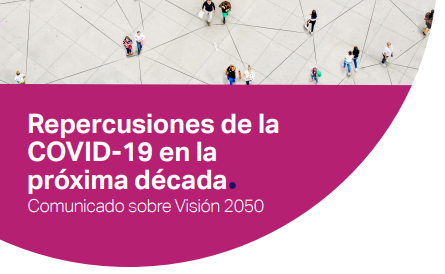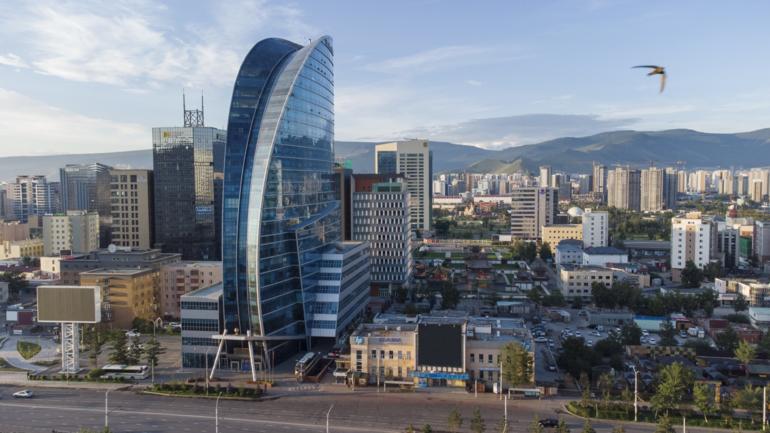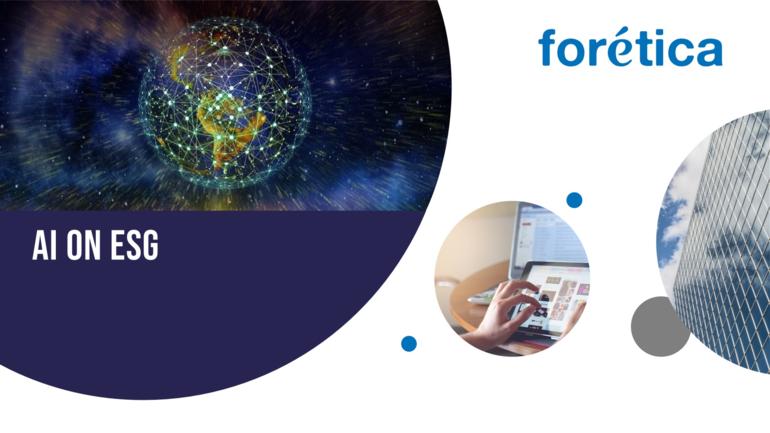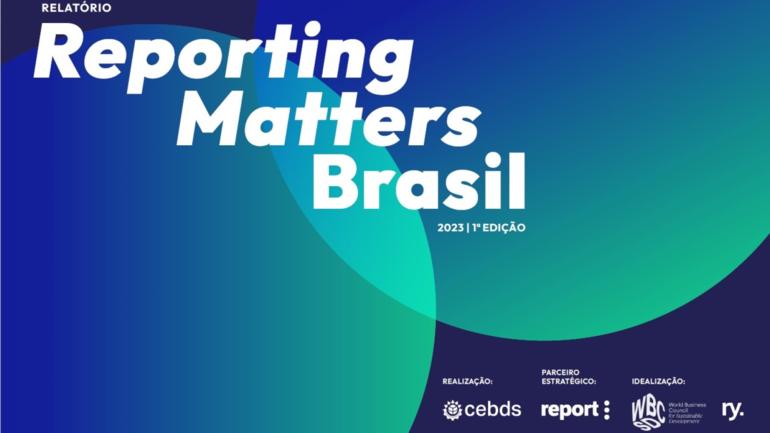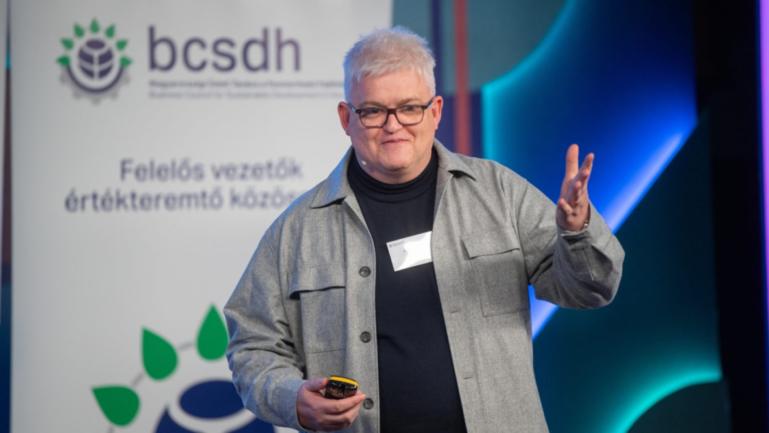Geneva, 22 July 2020 – The World Business Council for Sustainable Development (WBCSD) has issued a Spanish version of its issue brief focused on the consequences of COVID-19 for the decade ahead.
The issue brief was produced in 2 versions: one focused on Spain, in collaboration with Forética, WBCSD’s partner in the country. And one focused on Latin America, in cooperation with thirteen Global Network partners active in the region (Argentina, Chile, Costa Rica, Colombia, Ecuador, El Salvador, Guatemala, Honduras, Mexico, Nicaragua, Panama, Peru, and Uruguay). All institutions are part of WBCSD’s Global Network, an alliance of more than 60 CEO-led business organizations worldwide.
Forética launched the Spanish version at a virtual event convened on 14 July, chaired by Germán Granda, its Executive Director. The session included perspectives from representatives of Sanitas, Fundación ONCE, and Santander. Filippo Veglio, Managing Director at WBCSD, kicked off the session with an overview of the key findings of the global issue brief. The session recording is available here, alongside the slides shared.
The issue brief was originally developed by WBCSD in partnership with Volans and launched in early May of this year. Its aim is to provide business with insights that can inform the development of robust strategies in response to the rapidly changing context resulting from the COVID-19 pandemic. It explores the systemic vulnerabilities being exposed by COVID-19 and how the crisis could shape the next decade through its interaction with existing demographic, political and cultural divides as well as by accelerating existing trends. In addition, it looks at some lessons from the 2008-9 financial crisis responses to show how COVID-19 responses could affect the next 10 years and beyond. It concludes with an initial overview of the various ways in which business can support efforts to build back better.
The issue brief is an interim outputs from WBCSD’s current refresh of its Vision 2050, a landmark 2010 report that laid out a pathway to a world in which nine billion people are able to live well, within planetary boundaries, by mid-century. WBCSD is working together with 40 member companies to update this work and again provide business with a common agenda for action over the decade to come.
Julian Hill-Landolt, Director, Vision 2050, commented: “All around the world the virus is revealing the fragility of human life – of our public health systems, supply chains, economies, international institutions and alliances. Business cannot be successful without these things being in place: it thrives when it has access to healthy (and educated) employees and customers; it needs all corners of economies and supply chains to be efficient and resilient; it requires a level and open global playing field. Understanding the existing trends, challenges and opportunities being exposed, influenced, and accelerated by the pandemic is critical to the development of recovery strategies in line with our Vision of 9+ billion people, living well, within planetary boundaries.”
WBCSD will be releasing further issue briefs in the coming months to help companies navigate the challenges of responding to the socio-economic turmoil unleashed by COVID-19, whilst maintaining (and increasing) ambition on sustainable development goals. We will be taking a deeper look at how COVID-19 can catalyze a systemic shift towards stakeholder capitalism, and developing guidance on the steps business can take to make itself more resilient to future shocks (as well as more sustainable). These issue briefs support the Council’s broader COVID-19 Response Program.
More information
- The consequences of COVID-19 for the decade ahead – available in English, Spanish, and Portuguese. Forthcoming edition in Japanese.
- Macrotrends & Disruptions shaping 2020-2030 (WBCSD, May 2020) – with 12 macrotrends across demographics, the environment, economics, technology, politics and culture. In addition, it proposes 10 “wildcard” disruptions that could plausibly materialize during the 2020s, resulting in significant impacts. Indeed, some of them already have, and already significant impacts are still snowballing.
- Julian Hill-Landolt, Director, Vision 2050

